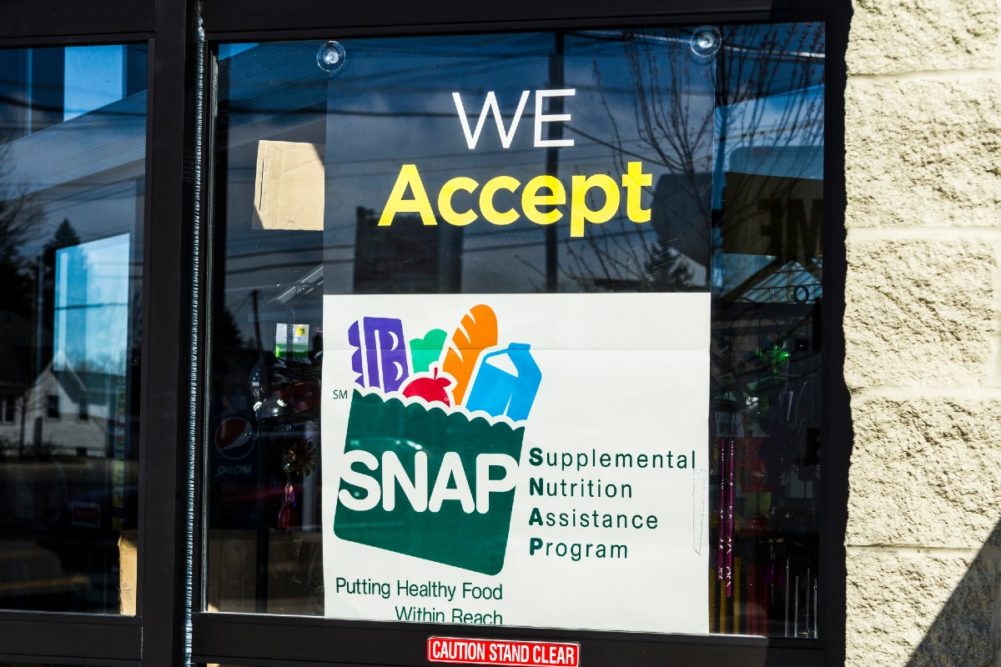WASHINGTON — Bipartisan legislation that would provide participants in the Supplemental Nutrition Assistance Program (SNAP) with a dollar-for-dollar match when they purchase nutritious dairy products now has been introduced in both the US House of Representatives and Senate.
The Dairy Nutrition Incentives Program Act of 2023, the International Dairy Foods Association pointed out, seeks to address an issue cited in the 2020-2025 Dietary Guidelines for Americans (DGA) – that 90% of Americans don’t consume enough milk and other nutritious dairy.
US Reps. Jim Costa (D-Calif.) and Nick Langworthy (R-NY) introduced the US House version of the bill in August. The act intends to increase access to milk, cheese, yogurt and other cultured dairy products among SNAP participants.
The potential program looks to expand Healthy Fluid Milk Incentive (HFMI) projects, which are part of the 2018 Farm Bill. The dairy incentives legislation calls for the inclusion of whole and reduced fat milk and nutritious cheese and yogurt products. IDFA noted recommendations and evaluations in the bill are sourced from current HFMI projects at the Baylor Collaborative on Hunger and Poverty, Auburn University’s Hunger Solutions Institute, and US Department of Agriculture.
In May, US Sens. Amy Klobuchar (D-Minn.) and Roger Marshall (R-Kan.) introduced the Senate version of the bill.
IDFA president and chief executive officer Michael Dykes, citing chronic food insecurity in the US, said its is critical to find new ways to improve access to foods that promote good health and well-being.
“Dairy products like milk, cheese and yogurt are nutritional powerhouses, packing essential nutrients that promote healthy immune function, hydration, cognition, mental health, bone health and lower the risk for type 2 diabetes and cardiovascular disease,” Dykes said.
“The Dairy Nutrition Incentives Program builds on the early learnings of the Healthy Fluid Milk Incentives Projects to provide SNAP participants with incentives to encourage consumption of healthy dairy products,” he added. “It would also ensure the program can continue to expand to additional areas of the country, particularly in areas of most need.”

